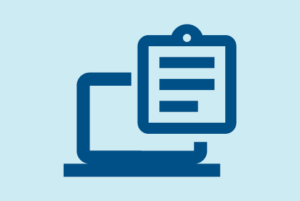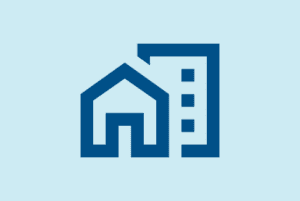A little more than two weeks ago, the deadline passed for California lawmakers to introduce bills for this year’s legislative session. In all, some 2,350 bills are in play this year — a number in line with historical trends.
Many of the bills appear to be drafted in response to federal activity, such as legislation that enhances access to abortion services or protects immigrants’ rights. Legislators are also spending considerable time and energy working through ways to support Los Angeles following the devastating fires earlier this year.
For CHA, the priority for state advocacy is to ensure that Proposition 35 is implemented as voters intended when they overwhelmingly supported historic Medi-Cal investments in November. The California Legislative Analyst’s Office has released a summary of how Proposition 35 will interface with the budget process, and payments to hospitals are expected to begin flowing by the end of this year.
In the first year, $1.4 billion will be used to bolster hospital care.
In addition, CHA intends to support several important bills:
- Assembly Bill (AB) 278 (Ransom, D-Stockton) would require the Office of Health Care Affordability to establish a Patient Advocate Advisory Standing Committee, focusing on obstacles to accessing quality health care. CHA’s support letter speaks about this committee’s importance in protecting care for patients with rare and complex diseases.
- Senate Bill (SB) 530 (Richardson, D-Inglewood) would extend and expand time and distance requirements for Medi-Cal insurers to meet network adequacy standards — a change that puts the onus on health plans, not hospitals, to ensure the availability of specific health care services in a geographic area.
- A package that aims to strengthen protections for patients against harmful insurance company practices, including enhancing provider directory accuracy and tightening regulations on prior authorization.
Other bills will need to be amended or outright opposed to protect access to care for patients. These include:
- SB 596 (Menjivar, D-Van Nuys) would mandate that hospitals document the use and exhaustion of their on-call nurse list (at least 10% of registered nursing staff) before qualifying for an exemption from staffing ratio violation penalties.
- SB 632 (Arreguin, D-Berkeley) would create a presumption that a myriad of conditions, including SARS, COVID-19, other respiratory conditions, and more, were contracted at hospitals for purposes of determining workers’ compensation (this would be rebuttable by hospitals, but put the burden on them to prove that the condition was contracted elsewhere).
- AB 290 (Bauer-Kahan, D-San Ramon) as written would substantially increase fines and civil penalties for various actions relating to emergency services and care, currently ranging from $1,000-$25,000, to a maximum of $1 million per day for hospitals that fail to adopt policies and protocols required under state law for the provision of emergency services and care. Additionally, the bill would allow district attorneys or the attorney general to recover civil penalties of up to $1 million per violation and would allow individuals and medical facilities suing a hospital to recover punitive damages in addition to other allowed damages.
If the annual state legislative session has nine innings like a baseball game, the passage of the bill introduction deadline marks the start of the second inning, with a long way to go before the end of the game. As always, on key bills, your voice will be vital to successful resolution. We will continue to keep you informed and armed with the resources you need to educate policymakers about how these and other proposals will affect patient care in their districts.
You can stay up to date on all of the bills CHA is engaged on via our state bill tracker, updated daily.



